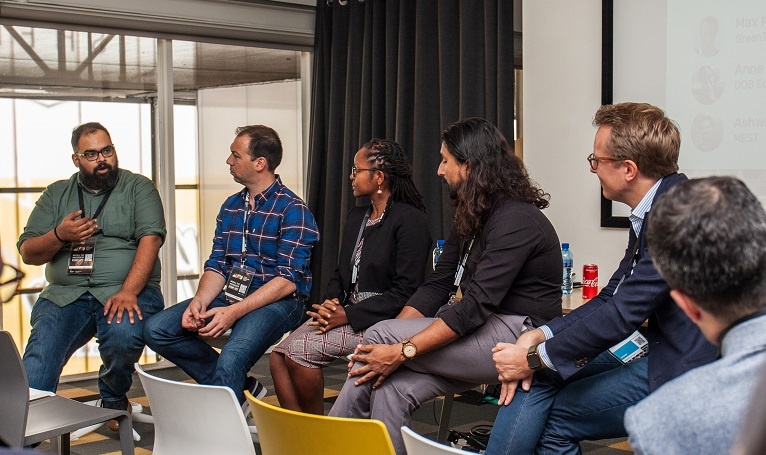African startups too often fall into the trap of viewing funding as a real measure of success rather than focusing on execution and building their businesses.
That is according to panelists at the Africa Early Stage Investor Summit in Cape Town earlier this month, who agreed that execution was key but also that the investor community could do more to assist startups on their growth trajectory.
Anne Njuki is investment manager at DOB Equity, a Dutch family office investing in innovative, scalable and impactful companies in East Africa that counts the likes of Twiga Foods, Sendy, M-KOPA Solar and Copia amongst its portfolio companies.
She said that rather than becoming obsessed with investment as a measure of success, startups needed to be more focused on metrics such as monthly recurring revenue, customer lifetime value, and customer acquisition cost.
“The most important thing is making sure a business has positive unit economics. Once it has that it is able to scale. If you don’t have positive unit economics you’re going to keep on raising. That’s fine, as VCs we are here to fund a business through its losses while they figure out a model that works. But too many businesses are looking at funding as a measure of success,” Njuki said.
Ashwin Ravichandran, managing director of the Meltwater Entrepreneurial School of Technology (MEST) agreed, but said African markets were so challenging that developing viable products takes a lot longer than elsewhere.
“When you should be focusing on executing you’re thinking about funding,” he said.
“It takes about 18 months to get to your first MVP. Markets are changing so fast. A couple of businesses we invested in in 2013 actually started breaking even and raising their next round in 2017.”
This is not good for the entrepreneurial ecosystem as a whole.
“It is taking far too long. Nobody posts information about experimentation, so we can follow those trends. Everyone is being individualistic,” Ravichandran.
This lack of data was picked up upon by Zachariah George, co-founder and chief investment officer (CIO) at Startupbootcamp AfriTech, as a major problem, especially when it comes to the crucial question of market sizes.
“A lot of entrepreneurs in Africa struggle to figure out how big their market is. There is not a lot of information out there,” he said.
Investors, who are often better placed that entrepreneurs to judge market size given the amount of pitches they see, need to play a part in helping startups get this right.
“It has to be a shared responsibility. If you pin it on the entrepreneur themselves and ask them to do all the research you are asking for trouble,” said George.
Njuki agreed investors should not penalise entrepreneurs for not knowing exactly how big their addressable market was or how many products they could sell, and in general needed to be more understanding of the limitations facing startups on the continent.
“What we find is that our entrepreneurs always need to budget on costs. They always never hit their targets on revenue because we set unrealistic targets,” she said.
“We tend to be fairly arrogant as investors and wait for entrepreneurs to come to us. We should take the time to go to the entrepreneur and the company, and see what they do.”
Ravichandran echoed the suggestion that investors needed to understand what entrepreneurs were going through better.
“Our biggest pet peeve with investors is empathy. They have no empathy towards the entrepreneur, who has sat and worked and built something. They just sit in front of you with a poker face,” he said.
If entrepreneurs and investors can find ways of working together better, then the whole sector stands to benefit, said Johan Bosini, partner at Quona Capital.
“There’s a responsibility on all sides. If entrepreneurs succeed, investors succeed, and that means LPs succeed, and more money flows in,” he said.
“Everyone needs to be better at constant feedback. It is a community, we are all connected.”


